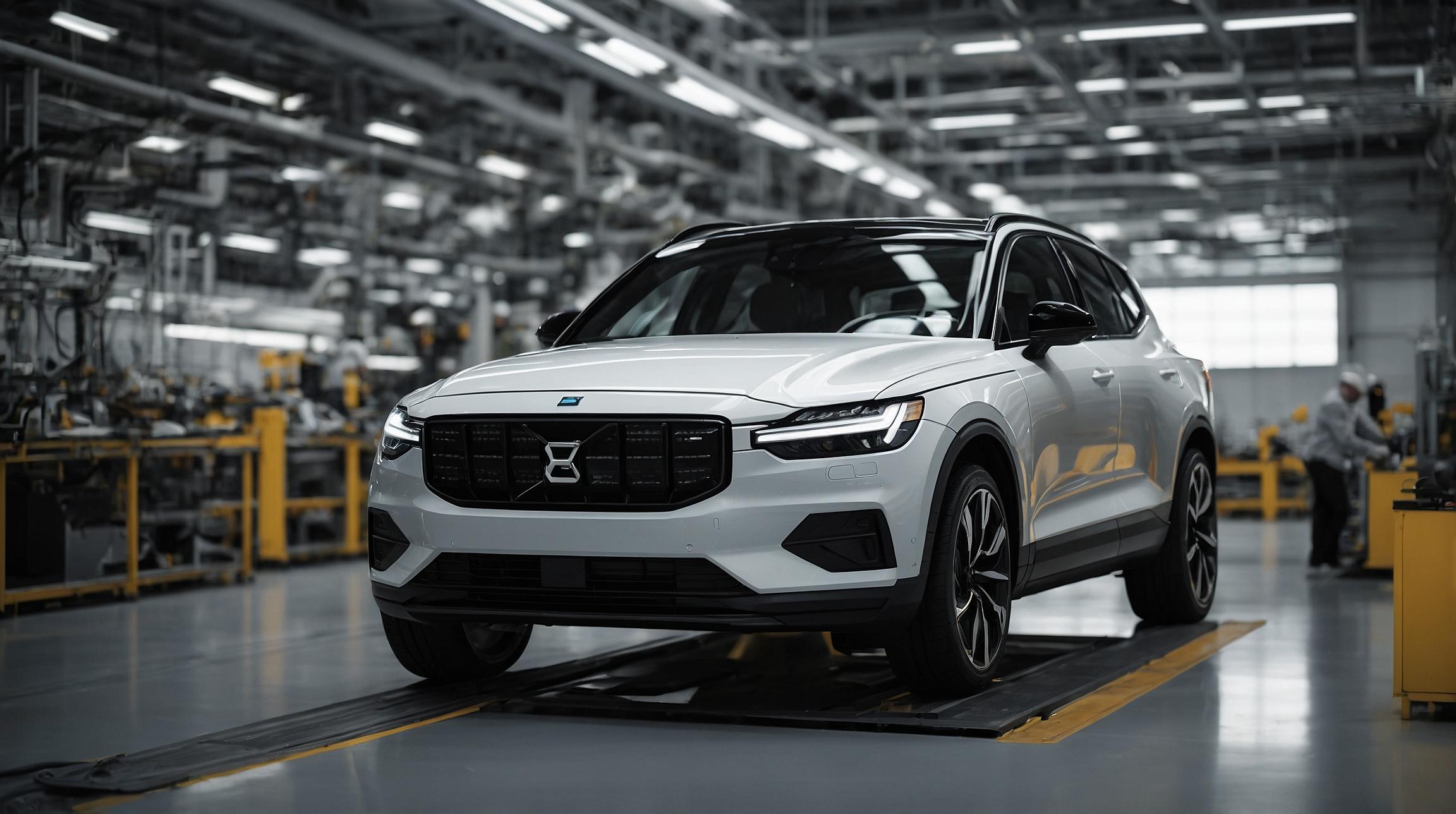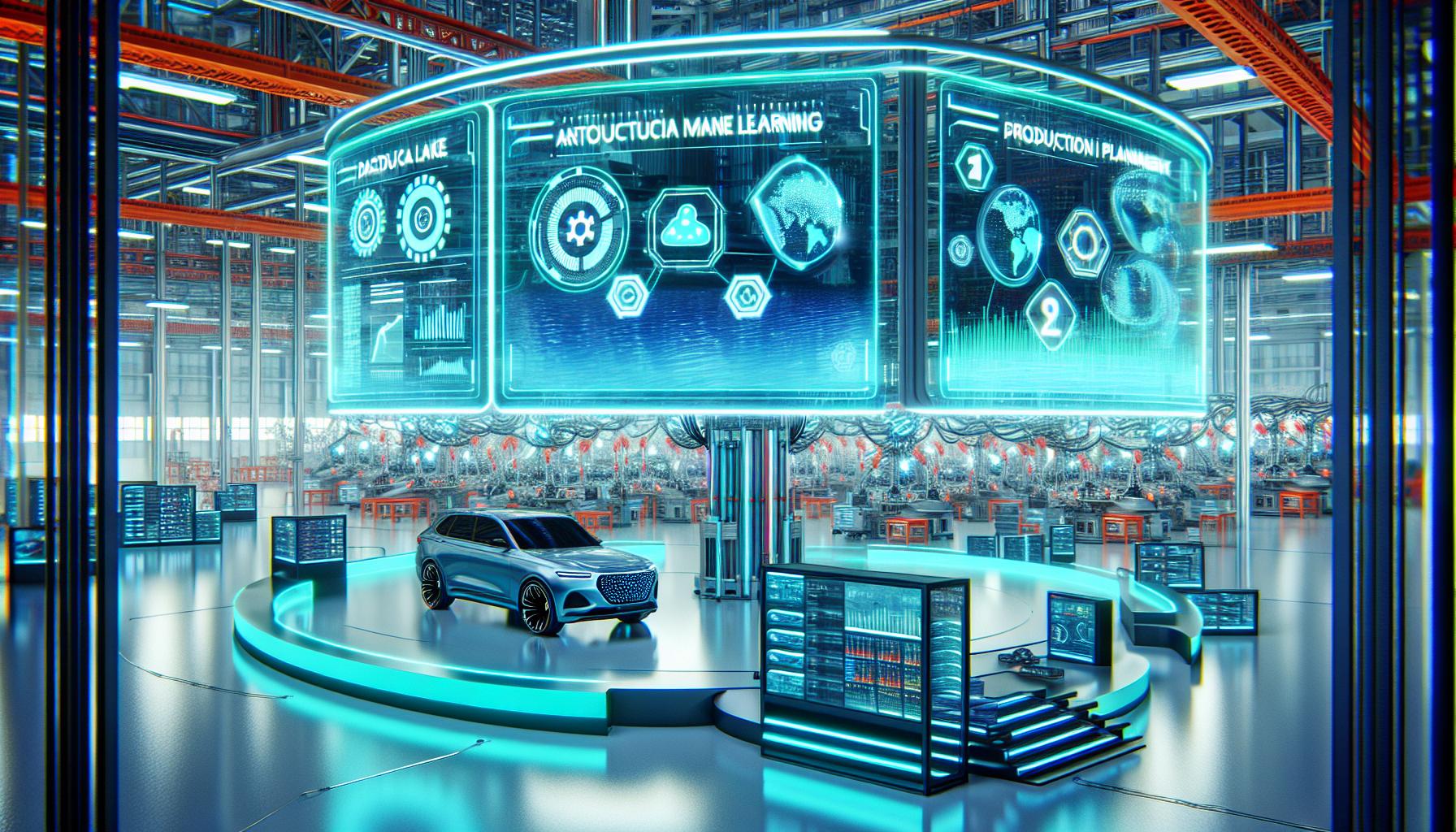Polestar's Strategic U.S. Production Move
Avoiding Tariffs with Local Production
Swedish electric vehicle maker Polestar has taken a significant step in bypassing hefty tariffs by commencing the production of its Polestar 3 SUV in the United States. This decision aligns with a broader industry trend, as recent tariffs imposed by the U.S. and Europe on Chinese-made vehicles have urged automakers to relocate parts of their production.
Manufacturing in South Carolina
Polestar, which is primarily owned by China's Geely, has traditionally manufactured its vehicles in China. However, the Polestar 3 will now be produced at Volvo's U.S. plant in South Carolina, making it more accessible to U.S. and European customers. As noted by Polestar's CEO, Thomas Ingenlath, the majority of the production volume for the Polestar 3 will originate from this facility.
Production and Delivery Plans
The South Carolina plant is expected to hit full production capacity within two months, although specific capacity details remain undisclosed. U.S. customers can expect deliveries starting next month, with European deliveries following soon after.
Expanding Global Production Footprint
Polestar's strategic move is not limited to the U.S. The company also plans to manufacture its Polestar 4 SUV coupes in South Korea starting in 2024, targeting both the U.S. and European markets. Until then, deliveries to the U.S. will incur tariffs.
Overcoming Market Challenges
Polestar's U.S. production shift coincides with challenging market conditions, including high interest rates that have dampened EV demand. Competitors like Tesla have responded with price cuts, job reductions, and delayed production plans. Polestar, which has also reduced its workforce, plans to enhance cost efficiency and aims to achieve a break-even cash flow by 2025.
Future Ambitions
Looking forward, Polestar envisions expanding its production capabilities to Europe, potentially partnering with other automakers in the region. This would mirror its successful collaborations with Volvo and Renault, further diversifying its manufacturing base to mitigate tariff impacts and localize production.













